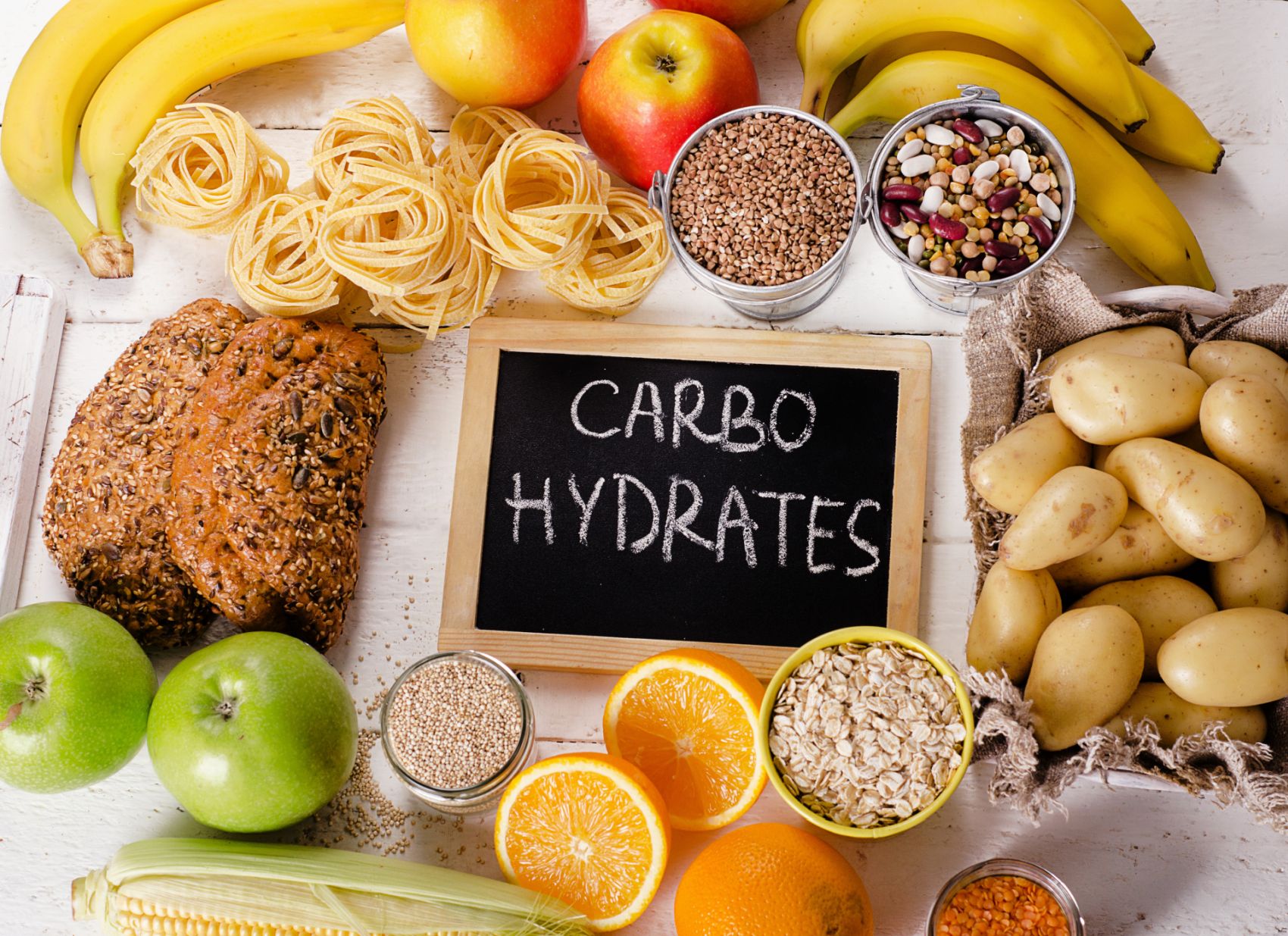Is it worth eating carbohydrates at night?

A good night's sleep is one of the most important things for good health, but we all know that. What is needed instead is knowing what to do to make that sleep actually good. You can air and darken the bedroom, relax in the evening, choose the right mattress and pillow. What we eat for dinner is also important. An interesting solution for improving sleep is to eat dinners based mainly on carbohydrate products.
- Carbohydrates at night - hot or not?
- Carbohydrates for dinner can improve sleep
- Effects of evening carbohydrates on health parameters and body shape
- Carb Back Loading nutrition model
- Summary
Carbohydrates at night - hot or not?
The old school of bodybuilding was even dogmatic about this issue - carbohydrates in the last meal were omitted. It was believed that carbohydrates are fattening, and consuming them at night when we have no physical activity is a simple way to worsen the figure. Today, the opposite is true. Looking at the subject through the lens of science and the many reports that have emerged since those days puts carbohydrate dinners in a much better light. Now carbohydrate dinners seem even more popular than protein-fat ones. So let's check out the advantages of such an option.
Carbohydrates for dinner can improve sleep
And this is supported by a specific biochemical mechanism. Carbohydrates facilitate the transport of tryptophan to the brain. Tryptophan is the amino acid from which serotonin (the happiness hormone) is produced, followed by melatonin (the sleep hormone).
How does this happen? Well, tryptophan competes for transporters with the so-called large neutral amino acids (tyrosine, phenylalanine, leucine, isoleucine, valine and methionine). These amino acids are taken up into the muscles with the help of insulin. And insulin is raised by carbohydrates. So eating carbohydrates reduces the concentration of large amino acids in the blood, removing tryptophan's competition and easing its path to the brain. Thus, a meal rich in high-GI carbohydrates can be expected to support brain biochemistry for better sleep, but protein, on the other hand, may have the opposite effect, due to the delivery of competing amino acids.
The study confirmed that consuming a dinner with carbohydrates with a high glycemic index reduced the time to fall asleep. The condition was to eat it 4 h before bedtime, as dinner 1 h before bedtime did not have this effect. However, eating at a short interval from sleep is not recommended, regardless of the proportion of macronutrients in the meal. It should also be noted that the high-GI meal was more effective than the low-GI one, due to the stronger insulin response.
PS. it's a good idea to eat kiwi for dinner, as it contains melatonin!
Afaghi A, O'Connor H, Chow CM. High-glycemic-index carbohydrate meals shorten sleep onset. Am J Clin Nutr. 2007 Feb;85(2):426-30. doi: 10.1093/ajcn/85.2.426. Erratum in: Am J Clin Nutr. 2007 Sep;86(3):809. PMID: 17284739.
Effects of evening carbohydrates on health parameters and body shape
The effects of spreading carbohydrates evenly throughout the day compared to consuming them only at dinner were tested on mice. The effects were strongly in favor of concentrating carbohydrates in the last meal. This concentration of carbohydrates in the dinner caused the mice to lose body fat much faster, have better body composition and eat less overall. Adiponectin response was improved and inflammation was lowered. This type of diet composition had a positive effect on signaling in the brain that controls feelings of hunger and satiety.
Sofer S, Eliraz A, Madar Z, Froy O. Concentrating carbohydrates before sleep improves feeding regulation and metabolic and inflammatory parameters in mice. Mol Cell Endocrinol. 2015 Oct 15;414:29-41. doi: 10.1016/j.mce.2015.06.032. epub 2015 Jul 20. PMID: 26206716.
Carb Back Loading nutrition model
CBL is a dietary system that relies precisely on carbohydrates consumed in the last meal or simply in the second half of the day. It is a system aimed mainly at athletes. Its creator is John Kiefer. The idea is to load up on carbohydrates in advance. By consuming carbohydrates at night, the body has plenty of time to replenish glycogen in the muscles for the next day. As a result, even if you were to start the next day's workout on an empty stomach there would still be a reserve of energy in your muscles to use. For example, when training takes place in the afternoon (that's when CBL makes the most sense), we start providing carbohydrates only after training, when glucose tolerance and insulin sensitivity are at their highest. Before training, carbohydrates are not consumed then, as muscles are filled with glycogen anyway. A solid portion of energy in the second half of the day can, by the way, support overnight recovery.
Summary
Consuming carbohydrates for dinner seems to be a good idea in most cases, especially in terms of its effect on the speed of falling asleep. However, it is important to remember that eating immediately before bedtime is not a good idea, as the body will devote its resources to digestion instead of regeneration. It is best to eat the last meal in a window of 2 to 4 hours before bedtime. Concentrating carbohydrates in the evenings is also reasonable in some dietary systems dedicated to athletes. However, when configuring the distribution of macronutrients in individual meals and total menus, individual circumstances must be taken into account, as not everyone will be fine with such dinners.
 ⮜ Previous article
⮜ Previous article
6 best fat burners
 Next article ⮞
Next article ⮞


